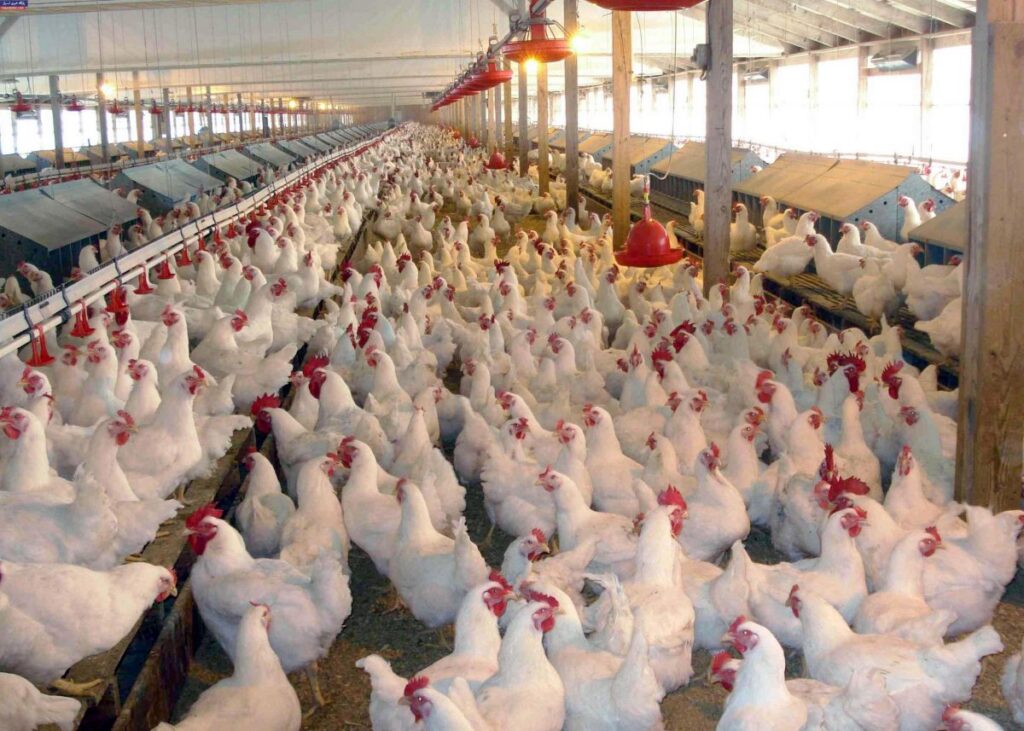Matthew Onocheta

Ibadan – The Chairman of the Poultry Association of Nigeria (PAN), Oyo State chapter, Omidokun Oyekunle, has revealed that nearly half of the poultry farmers in the state have gone out of business.
Mr Oyekunle made this known during an interview with the News Agency of Nigeria (NAN) on Wednesday in Ibadan, the Oyo State capital.
The PAN chief highlighted that the poultry industry contributes about 25%to Nigeria’s GDP and warned that if the current rate of business closures in the sector is not addressed, it could have adverse effects on the nation’s economy.
Mr Oyekunle called on the Federal and State Governments to take immediate action to support those who have already exited the business and to provide encouragement to those still operating.
He urged the government to offer soft loans to poultry farmers in the state at interest rates no higher than five percent, along with other interventions such as access to raw materials, particularly maize and soybeans.
The PAN chairman pointed out that one of the major challenges facing poultry farmers is the high cost of poultry feeds, especially maize and soybeans, which are critical ingredients in poultry feed production.
His words: “Majority of poultry farmers are no longer using the new maize because of its moisture content; it will affect production and the eggs of the birds.
“What those who are using it do is that they grind it, spread it and wait for about five days and even add some preservatives, but the weather is not favourable.
“This is a major problem confronting us, especially when you look at the production cost and the amount we sell eggs. You will find out that there is no enough profit margin to keep the business running and that is why poultry farmers are closing down and cost of eggs increasing.”
Mr Oyekunle further mentioned that the importation of frozen chicken was significantly impacting the market price of locally produced chicken, and he stressed that this should not be allowed to continue if poultry farmers are to remain in business.
He also praised the federal government for allowing the importation of maize, noting that this move would eventually help reduce production costs and encourage more people to return to the poultry industry.
He highlighted the current challenges faced by poultry farmers, stating that a 25kg bag of broiler feed now costs N25,600, which is insufficient to feed more than 200 birds. However, he expressed optimism that the recent government-approved importation would help lower these production costs.
